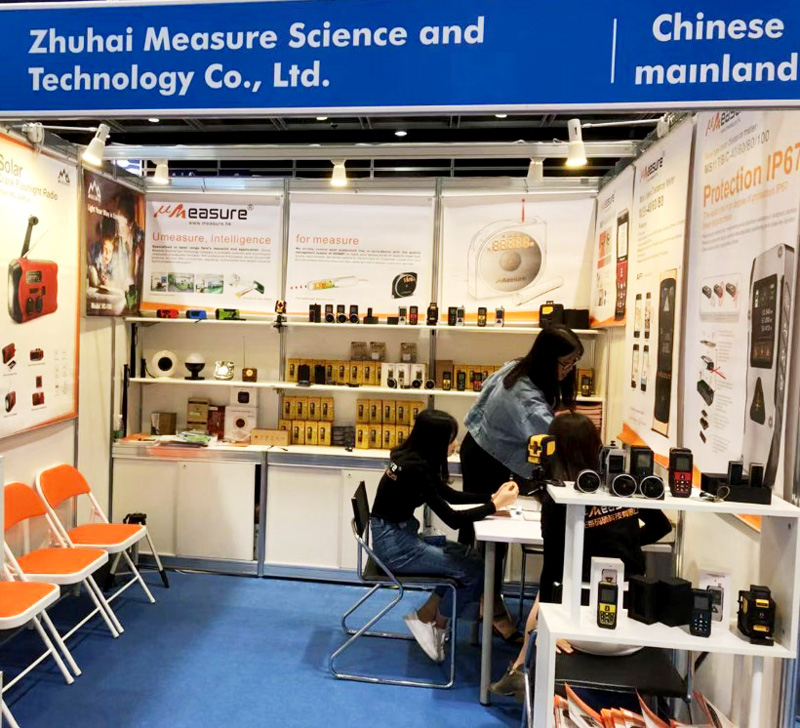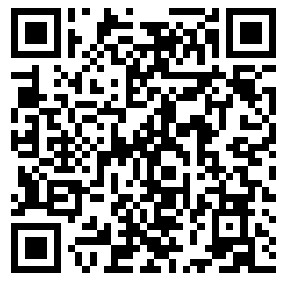
Developers say a robot unveiled today at the British Science Festival will load a dishwasher next year.
"Boris" is one of the first robots in the world that can intelligently manipulate unfamiliar objects like humans.
It was developed by scientists at the University of Birmingham.
The team also worked with "Bob", an autonomous robot who recently completed work experience at security company G4S.
Professor Jeremy Wyatt of the School of Computer Science announced: "This is the first public outing in Porris . ".
It took the robot five years and cost 350,000.
Boris "sees" objects with depth sensors on the face and wrist.
In 10 seconds, it calculates as many as thousands of possible ways to grab a new object with its five robot fingers and plans a path of arm movement to reach its target,
"It's not programmed to pick it up --
"It's programmed to learn how to pick it up," explains Professor Wyatt . ".
Research engineer Maxine Adjigble helped build the robot.
"He saw something and he was trained to catch an object in a special way, and he said --
"Well, the surface looks similar to what I know, so I can grab it," he explained . ".
Professor Wyatt and his collaborators in the international PacMan project hope to achieve an ambitious goal by April 2015.
"Our idea is to have the robot load your dishwasher.
"You took a bunch of objects from the table, as scattered as you might have put them on the surface of the kitchen, and the robot would go through a set of objects," Professor Wyatt said: "Find one that it wants to pick up, find out where to put it in the dishwasher, and install it. ".
Why was Boris assigned kitchen duties?
Not because I think the dishwasher
"Loading robots now is an economic or social necessity," Professor Wyatt laughed . ".
"But this is a typical task for human beings --
A person who needs to evolve all the manipulations that have taken hundreds of millions of years to develop.
Therefore, we hope to make the robot more flexible in the future by putting it into the robot.
"But Boris, like humans, found the tableware a bit cumbersome.
Professor Wyatt admitted: "The plate is very good, symmetrical . . . . . . I think the knife and fork may be a little hard . ".
Professor Wyatt believes Boris represents the third generation of robots.
"The first generation is an industrial robot that manipulates the world when it is controlled with great precision.
"The second generation includes unmanned aircraft.
Driving cars and other mobile robots "can move around and share with us in our world, even though the world is full of uncertainty and novelty.
But manipulating a world shared with humans
Performing physical tasks with humans
A new generation of robots is needed.
Professor Wyatt explained that they need to "deal with all the uncertainty that humans introduce into the environment ".
"You have an unstructured world and you need technology that can handle this situation.
The team of scientists also showed a very different kind of intelligent robot called Bob.
In Boris's deftly but immobile place, Bob's wheels carry his 4'9' frame freely in his environment, using laser distance sensors to make accurate measurements of objects and people around him
"He integrated this into the map," explains Dr. Nick Hoss, who led the team to train Bob.
"The thermal diagram showing the position of the obstacle.
"The most challenging obstacle is the obstacle to movement --humans.
"If he sees you, he will slow down," explains Dr. Hoss . ".
Bob also takes into account the social distance that humans are accustomed.
Bob can explore the indoor environment for up to a week without anyone for intervention, performing simple tasks and observations.
"The novelty lies in his autonomy --
His ability to make decisions for himself
"He has the ability to do this for a very long time," explains Dr. Hoth . ".
Bob recently did his first work experience at the security company g4 s office in Gloucester County.
"He did three weeks of monitoring there.
"Mr. Adjigble discussed some of the disciplines that co-produced robots like Boris.
Mechanical engineering, electrical engineering, software development and control.
To put it together, you need to know some of the situations in all of these areas. . .
This is the real complexity.
Unexpected setbacks make things more complicated.
"It broke its little finger back in June and we are still trying to fix it," Professor Wyatt said . ".
"So it works with a broken finger.
"The team continues to improve Boris and has recently added the ability to select the best of the five different grip types when approaching objects.
"It's actually something we just cracked, but we haven't published it yet," Professor Wyatt said . ".
Boris is not using his left arm at the moment, which the team is keen to introduce.
"One of the really difficult things is to pick up an object and transfer it . . . . . . Hands-on is a real advantage for various purposes.
"Boris also lacks touch.
"There is a real challenge . . . . . . Get a tactile feel of sufficient quality.
"The long-term goal is" to create robots that can operate in a human environment --
Offices, hospitals, warehouses, "explains Dr. Hoss.
Professor Wyatt is passionate about achieving this goal in the UK.
"This is a British patented technology," said Professor Wyatt . "
"In terms of smart hands, Britain is one of the world's leading countries.
"Then why is Boris?
Acronym's initials or respect for some kind of linen
Maybe a politician with hot hair?
"I just like the name," laughed Professor Wyatt.

